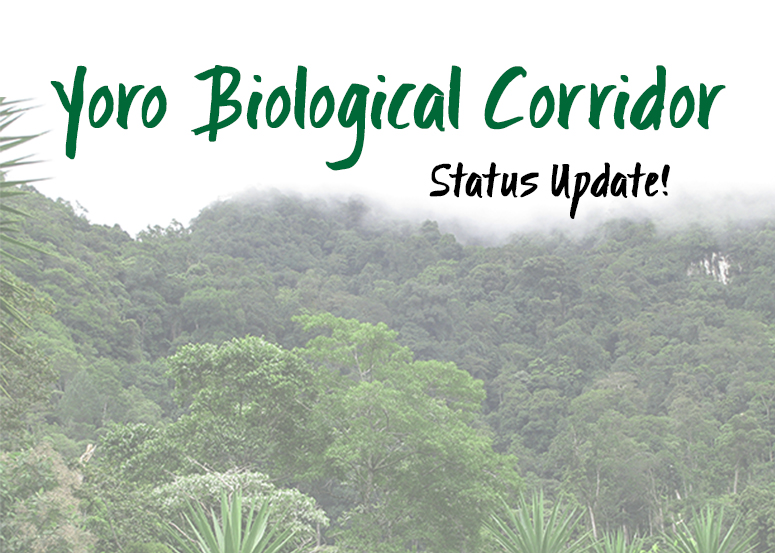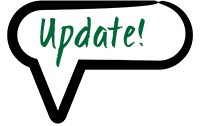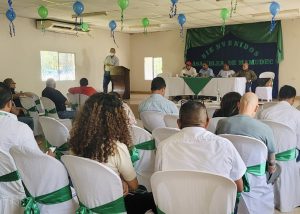


Proponents of the Yoro Biological Corridor (YBC) are celebrating because they have finally reached the last step in the submission process for obtaining the corridor’s official government designation status. 🎉
This official designation process utilizes a unique Honduran “forest corridor” law to specify the forests within the corridor borders for restoration and protection in the interest and to the benefit of local communities. The main proponents involved include Mesoamerican Development Institute (MDI) and the partner organizations that work to publish this website.
The final step is to submit four “constancias” (i.e. records), and once designation is established YBC will become the largest protected biological forest corridor in Central America and a world example for other tropical forests!
What This Official Corridor Designation Accomplishes
In its most basic sense, the “forest corridor” designation officially recognizes the name “Yoro Biological Corridor” as it pertains to the boundaries of its community with shared values around the desire to improve their lives while protecting their ecosystems. By officially recognizing the name it creates an environment for easier collaboration to both form and meet shared goals.
The designation must be recognized by the municipal governments, forest co-managers, and all other stakeholders including the local communities. Reaching this final step in the corridor submission process is exciting news is for YBC proponents, whom have spent the past five years engaging in the process, which is newly forming and has changed along the way.
In terms of on-the-ground accomplishments the designation is primarily aimed at linking and restoring the existing forests parks, followed by establishing local monitoring for carbon sequestration, engaging and supporting indigenous communities, and developing revenue systems that incentivize protection of the corridor’s forest ecosystems.
History & Scope of the Process to Date

The original YBC proponent, MDI, has been working through the process since 2016, making YBC the first forest corridor in Honduras to submit for designation. Given that YBC is a large-scale project, the process of community awareness and approval has been more complex than with smaller initiatives. The Ordinary Meeting of the General Assembly of MAMUDEC (association of municipalities) held in the municipality of Meambar was an example of what the government refers to as the “socialization” process.
Since the time that the application for YBC was submitted another significantly smaller, forest corridor managed to obtain approval for an eco-tourism venture in Honduras, which is good news for the process. Once YBC obtains official status it will become the largest corridor in Honduras with the most multi-sector participation to date.
The Yoro Biological Corridor spans 12,603 square kilometers and includes 10 protected areas including four national parks, as well as the nation’s two largest watersheds: The Ulúa River basin and the Aguan River basin. These watersheds are responsible for satisfying the basic needs of the Honduran population (33 municipalities totaling nearly 900,000 people) including the generation of electrical energy and irrigation of agricultural land.